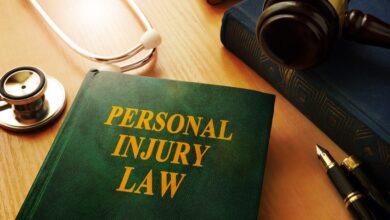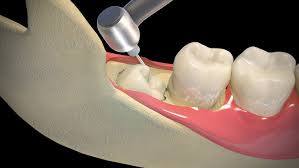6 Life-Saving Skills Everyone Should Learn

Accidents can happen at any moment, and knowing how to respond can make a difference between life and death. Life-saving skills are essential tools everyone should have in their toolbox. These skills are easy to learn, and they can be the difference between a tragic event and a successful recovery.
Let’s explore six life-saving skills that are simple to learn and could help save a life in an emergency.
- CPR (Cardiopulmonary Resuscitation)
Cardiac arrest can happen without warning, and knowing how to perform CPR can increase the chances of survival. CPR is a simple process that involves chest compressions and rescue breaths to help keep blood and oxygen flowing to the heart and brain. This skill is crucial, and it’s easy to learn with proper training.
Many organizations, like https://cprcertificationnow.com/collections/cpr-and-first-aid-certifications, offer CPR and first aid courses to help you get certified. When you are trained in CPR, you will have the confidence to act in a life-threatening situation.
- First Aid Basics
Basic first aid skills are vital for treating minor injuries and providing initial care in more serious situations. Knowing how to clean a wound, apply a bandage, or treat burns can help prevent infections and reduce the severity of injuries. First aid knowledge can also help stabilize a person before emergency professionals arrive.
Consider taking a basic first aid course to learn about the treatment of common injuries and how to handle situations like choking or allergic reactions.
- Heimlich Maneuver for Choking
Choking can happen unexpectedly, and the Heimlich maneuver is one of the fastest ways to help someone who is unable to breathe due to a blocked airway. By performing this simple procedure, you can force the object blocking their airway out, allowing them to breathe again.
- Stop Heavy Bleeding
Severe bleeding from an injury or accident requires immediate attention. Knowing how to apply pressure to a wound and how to use a bandage or cloth to stop bleeding can help prevent shock or death. In more serious cases, you may need to use a tourniquet, but applying direct pressure is often the first step in controlling bleeding.
- Basic Fire Safety and Emergency Evacuation
Fire safety is another critical life-saving skill. Knowing how to extinguish small fires using a fire extinguisher can stop a dangerous situation from escalating. It’s also important to understand how to evacuate safely in case of a larger fire or other emergencies.
Familiarize yourself with fire exits, and know how to safely use a fire extinguisher. Practice fire drills at home so that everyone knows what to do in the event of an emergency.
- Water Safety and Basic Rescue Techniques
Drowning is a leading cause of accidental death, but with water safety skills, you can help prevent it. Knowing how to perform basic water rescues, like how to reach someone in trouble using a lifeline or floatation device, is key. It’s also helpful to know how to recognize the signs of drowning and how to safely pull someone out of the water.
Be Prepared, Learn These Skills
Life-saving skills are essential for everyone to learn, regardless of age or profession. The ability to act quickly and confidently during an emergency can save lives. Don’t wait for a disaster to strike- start learning these crucial skills today.
Consider taking CPR, first aid, and other safety courses to be prepared for any situation. Get certified and know how to respond when it counts the most. Visit CPR Certification Now to begin your training.
Want more articles like this? Check out the rest of our blog page now!



